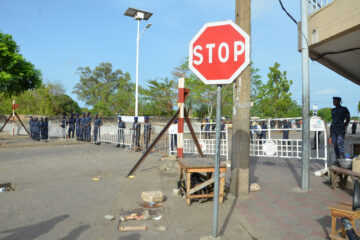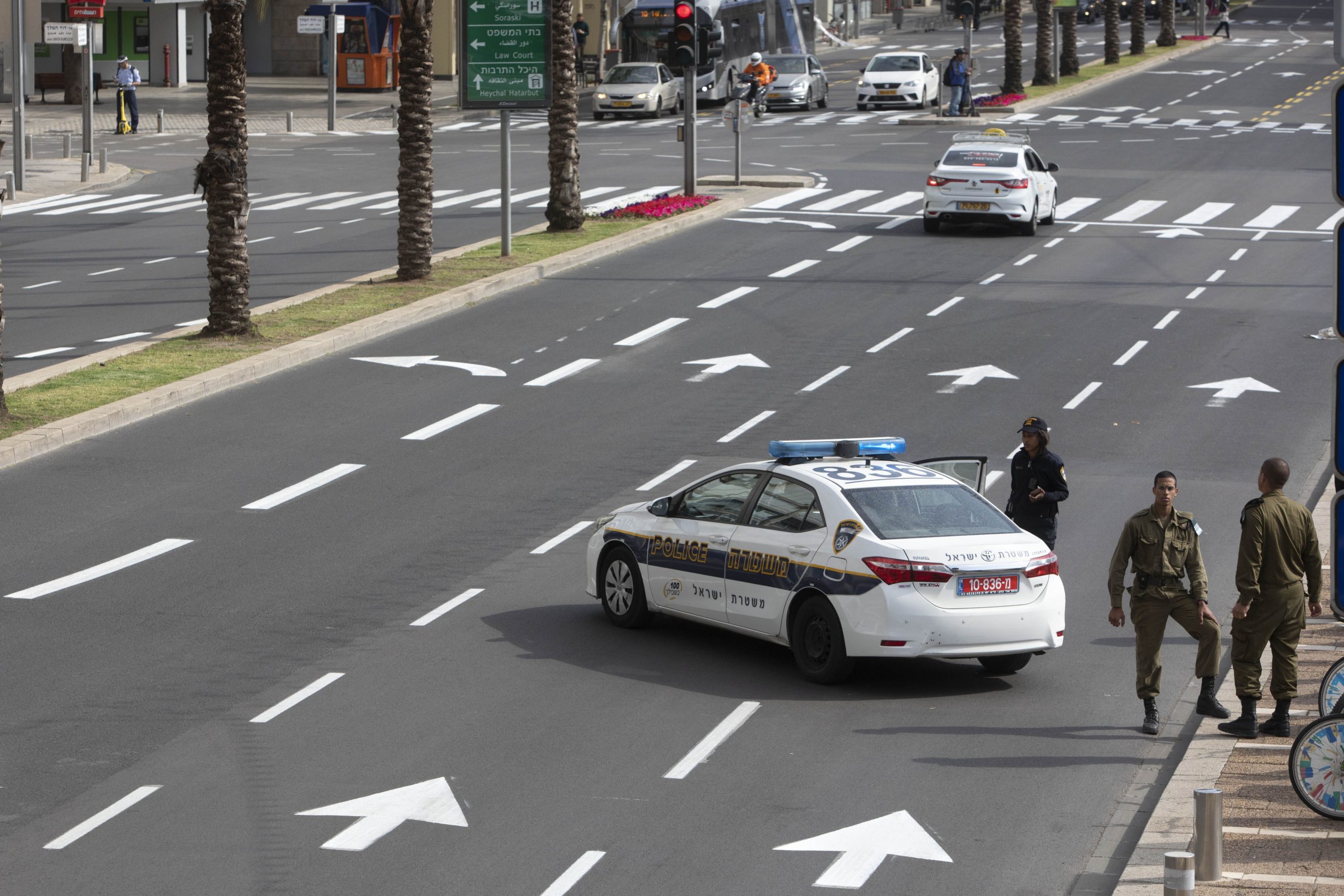Saudi Arabia suspends entry for pilgrims over coronavirus
 Muslims pilgrims gather outside the door of the Kaaba, Islam's holiest shrine, in Mecca, Saudi Arabia (AFP Photo/FETHI BELAID)
Muslims pilgrims gather outside the door of the Kaaba, Islam's holiest shrine, in Mecca, Saudi Arabia (AFP Photo/FETHI BELAID)Saudi Arabia on Thursday suspended visas for visits to Islam’s holiest sites for the “umrah” pilgrimage, an unprecedented move triggered by coronavirus fears that raises questions over the annual hajj.
The kingdom, which hosts millions of pilgrims every year in the cities of Mecca and Medina, also suspended visas for tourists from countries with reported infections as fears of a pandemic deepen.
Saudi Arabia, which so far has reported no cases of the virus but has expressed alarm over its spread in neighbouring countries, said the suspensions were temporary. It provided no timeframe for when they will be lifted.
“The kingdom’s government has decided to take the following precautions: suspending entry to the kingdom for the purpose of umrah and visit to the Prophet’s mosque temporarily,” the foreign ministry said in a statement.-
“Suspending entry into the kingdom with tourist visas for those coming from countries, in which the spread of the new coronavirus (COVID-19) is a danger.”
The move comes as Gulf countries implement a raft of measures, including flight suspensions and school closures, to curb the spread of the disease from people returning from pilgrimages to Iran.
Even as the number of fresh coronavirus cases declines at the epicentre of the disease in China, there has been a sudden increase across the Middle East.
Since its outbreak, the United Arab Emirates has reported 13 coronavirus cases, Kuwait has recorded 43, Bahrain has 33 and Oman is at four cases.
Iran has emerged as a major hotspot in the region, with 19 fatalities from 139 infections — the highest death toll outside China, where COVID-19 originated.
While no cases have been reported in Saudi Arabia, one citizen is reported to be infected in Kuwait along with four Saudi women in Bahrain — all of whom had returned from Iran.
– ‘Unprecedented’ move –
The umrah, which refers to the Islamic pilgrimage to Mecca that can be undertaken at any time of year, attracts millions of devout Muslims from all over the globe each year.
There was no clarity over how the move would affect the annual hajj pilgrimage due to start in late July.
Some 2.5 million faithful travelled to Saudi Arabia from across the world to take part in last year’s hajj — one of the five pillars of Islam.
The event is a key rite of passage for Muslims and a massive logistical challenge for Saudi authorities, with colossal crowds cramming into relatively small holy sites.
“This move by Saudi Arabia is unprecedented,” Ghanem Nuseibeh, founder of London-based risk consultancy Cornerstone Global Associates, told AFP.
“The concern for Saudi authorities would be Ramadan, which starts at the end of April, and hajj afterwards, should the coronavirus become a pandemic.”
The holy fasting month of Ramadan is considered a favourable period by Muslim pilgrims to perform the umrah.
Saudi Arabia’s custodianship of Mecca and Medina — Islam’s two holiest sites — is seen as the kingdom’s most powerful source of political legitimacy.
But a series of deadly disasters over the years has prompted criticism of the Sunni kingdom’s management of the pilgrimage.
In September 2015, a stampede killed up to 2,300 worshippers — including hundreds of Iranians — in the worst disaster ever to strike the pilgrimage.
The pilgrimage forms a crucial source of revenue for the government, which hopes to welcome 30 million pilgrims annually to the kingdom by 2030.
De facto ruler Crown Prince Mohammed bin Salman’s Vision 2030 reform plan seeks to shift the economy of Saudi Arabia — the world’s top crude exporter — away from oil dependency towards other sources of revenue, including religious tourism.
A timeline of key dates
With such a rush of new developments, it’s worth us looking back at where and when this all started:
- 31 December: China alerts the World Health Organization to several cases of unusual pneumonia in the city of Wuhan
- 7 January: Chinese authorities identify a new type of coronavirus
- 13 January: The WHO reports a case in Thailand, the first outside of China
- 30 January: The WHO declares the outbreak a global emergency as the death toll in China jumps to 170
- 2 February: The Philippines reports the first death outside China, a Chinese man from Wuhan
- 7 February: Li Wenliang, a doctor who tried to issue a warning about the coronavirus, dies
- 15 February: A Chinese tourist dies in France, the first death in Europe
- 11 February: The WHO announces that the disease caused by the virus would be called Covid-19
- 19 February: Iran reports two deaths – the first in the Middle East
- 26 February: The global death toll approaches 2,800 as 80,000 cases are recorded worldwide, with Brazil confirming the first case in Latin America
SOURCE: AFP











